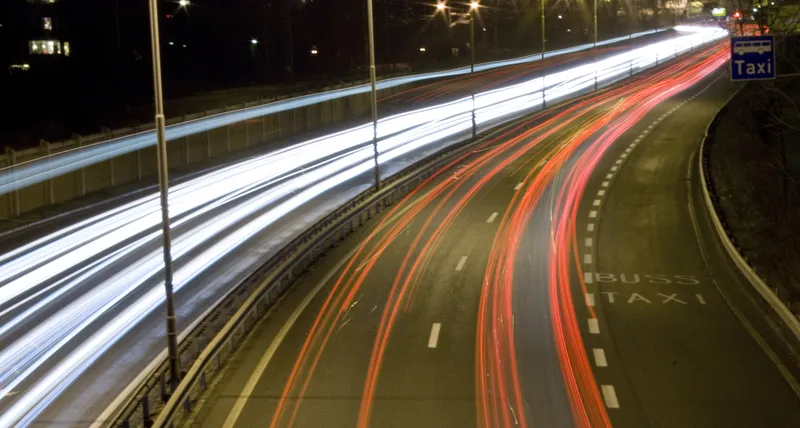Through the agreement, Cowi will identify potential opportunities, risks and implications for urban and transport planning in the city as well as in the Akershus county that may arise from new mobility trends. The software will examine scenarios such as the impact of driverless cars that are integrated into the public fleet on people's mobility behaviour, and what will happen if ownership of an autonomous car gradually replaces conventional vehicles. In addition, it intends to understand what kind of autonomous sharing concepts should be implemented.
Robin Huizenga, PTV business manager traffic for Benelux and Scandinavia, said: With our PTV MaaS Modeller, we can map and analyse exactly these kinds of scenarios. Many cities are simply waiting to see how autonomous driving will develop and are running the risk of sleepwalking through decisive future developments. We are looking forward to supporting the public transport operator in Oslo in setting the course for tomorrow's mobility today and then perhaps even developing a specific business model.”
André Kvalø, project manager at Cowi, adds: “There is a lot of potential for saving space and improving the environment in the sustainable cities of the future. The transport model will provide Ruter and the City of Oslo with better tools to make decisions and create incentives and guidelines for the introduction of driverless units.”
PTV to assist in developing model for driverless transport in Oslo
PTV’s MaaS Modeller will assist consultancy firm Cowi in developing a model for driverless transport in Oslo on behalf of Norwegian transport authority Ruter. The project aims to understand the implications of new forms of transport and trends brought about by technology such as autonomous vehicles. Through the agreement, Cowi will identify potential opportunities, risks and implications for urban and transport planning in the city as well as in the Akershus county that may arise from new mobility trends.
March 26, 2018
Read time: 2 mins








